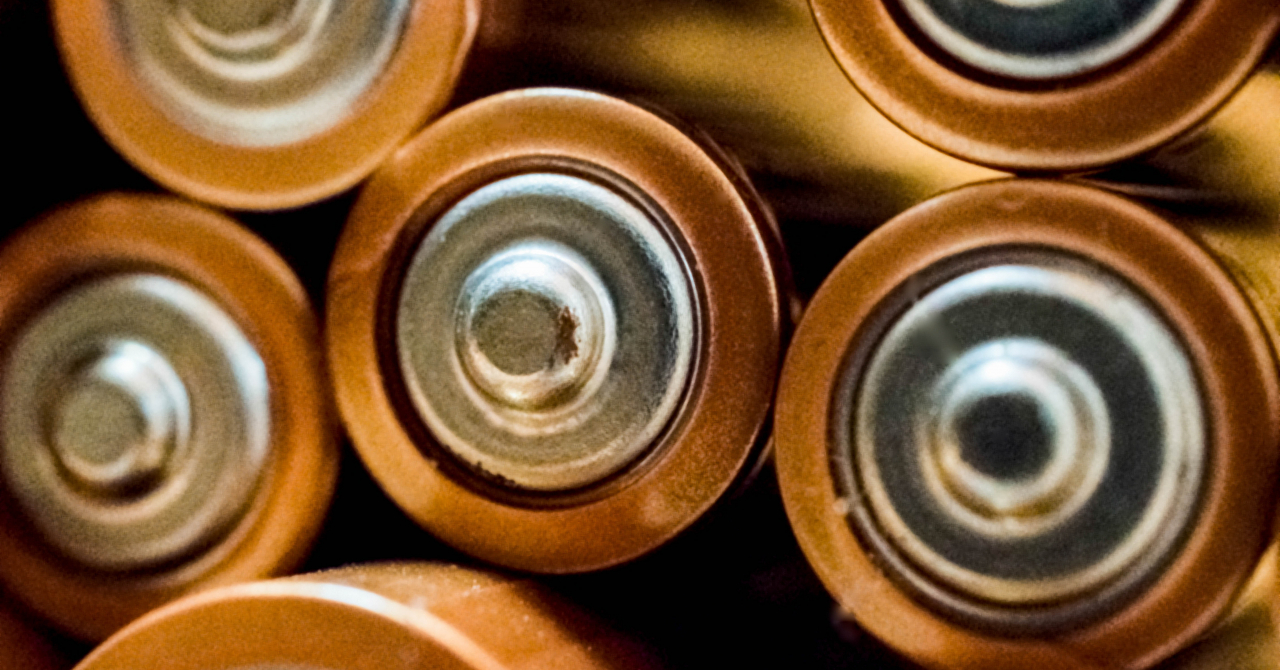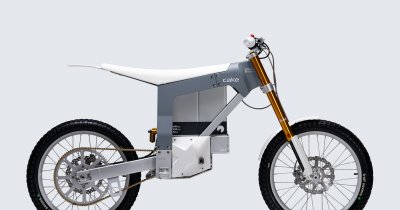According to Electrive, 16 companies from eight European countries will be developing the "gigafactories of the future" in the next four years, as they'll receive EU funding worth 4.7 million euros.
They will be focusing on improving the production process for the battery cells and reducing environmental impact to a minimum, with lowering power consumption as much as possible being another important aspect.
The partners will also work on another important side of the lifespan of lithium-ion batteries, this being the recycling process.
Officials of the project stated that "in short, GIGAGREEN will be a turning point for the EU cell manufacturing industry, as its results will contribute to a smooth transition between current processing methods: manual, siled, trial and error and inflexible."
The results are expected to be implemented starting 2026, with the leader of the research being the Polytechnic University of Turin, among partners like Sintef and Inegi Porto.
Current battery cell production in Europe sits at 26 GWh, with the number expected to increase to 500 GWh by 2029, which should increase Europe's market share to 19% compared to the 6% it has today.
 Mihai - Cristian Ioniță
Mihai - Cristian Ioniță












Any thoughts?